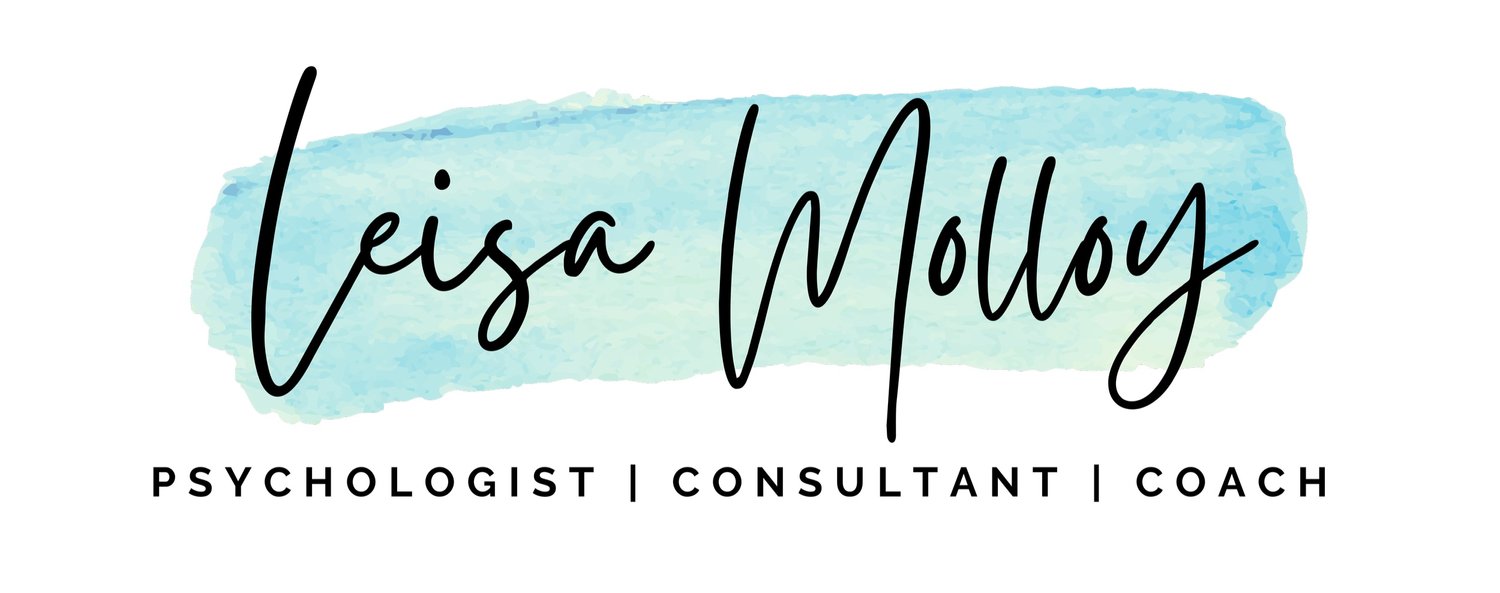On Empathy, Advice Monsters, and Mastering Your 'Stories'
Every month I send out a newsletter including resources, freebies and insights for leaders who want to be more skilled, self-aware and ‘human’ in their approach to handling relationships and navigating important workplace conversations. Most include topics relating to trust, psychological safety, emotional intelligence, communication, and connection.
This is the content from the August 2020 newsletter - enjoy! And be sure to sign up for the newsletter if you enjoy this kind of content :-)
Are you accidentally triggering a 'threat' response in others?
The SCARF model is a great framework for understanding some of the social drivers that can lead us (as humans) to feel safe or unsafe around others. It all stems back to our evolutionary history and desire to belong and be part of a 'tribe'. Many of my clients find themselves better understanding others' needs and reactions after learning and applying these insights.
This article by David Rock explains the concepts well, also highlighting several implications for leaders.
6 steps leaders can take to get the most from feedback
Now, I could talk for ages about the various things organisations can do to make feedback more effective!
For now I'll share this article on a practical step-by-step process for slowing down, reflecting upon, and really trying to develop insight from formal feedback initiatives. One of the most common mistakes I've seen over the last 15+ years? Rushing into action without truly understanding the feedback or taking time to identify the 'big ticket' items. Some of the biggest causes of this mistake? Pressure to quickly get results from the process, as well as our very human tendency to avoid the discomfort of digging deeper.
You can read the article here.
Are you struggling to keep up with extra demands on your time?
l've often worked with clients who are feeling overwhelmed but struggle to say "no" when asked to take on more work. Why? Mostly because they are worried about upsetting others. I've noticed this problem escalating for a lot of people since the pandemic began (especially those in leadership, HR, IT, etc.).
What I love most about this article is that it provides some great examples of things you can actually say to politely decline or gently push back on unnecessary tasks or unrealistic timeframes.
What empathy is (and isn't)
If you haven't yet seen this amazing 3-min animation, now is definitely the time to watch it. It includes some wise words from Brené Brown on simply being 'with' people who are struggling, and avoiding the temptation to fix or make things better. When I shared this in a LinkedIn post a while back it was viewed over 73,000 times!
After watching this video one of my coaching clients tried simply being there and listening to a team member. He expressed his astonishment in an email reply, saying "I couldn't believe the result - bloody incredible! I could see the relief on their face just getting it all out."
Do you have an Advice Monster lurking inside of you?
Almost everyone gets an 'aha' moment or two from Michael Bungay-Stanier's wisdom on the advice monsters we all have inside us! Watch this video and consider which personas are most likely to show up for you - is it Tell It, Control It, or Save It?
The Advice Trap book and resources have quickly become some of my firm favourites when helping leaders to develop their feedback and coaching skills.
What 'stories' are you telling yourself?
As humans, we often create own our explanations about whatever is going on around us, especially in tricky or ambiguous situations. The tool I'm sharing today is based on a framework that can be used to challenge your own thinking and separate facts, feelings, judgements, needs and wants. The key objective in using the tool is to build greater self-awareness and clarity around your own reactions and approach.
It can also be used to structure your communications more effectively. You'll find detailed instructions and a downloadable, editable version of the 4-quadrant worksheet here. Reach out with any questions!
Thanks for reading! Feel free to share with anyone who might find these insights helpful, or want to sign up and join the community.






